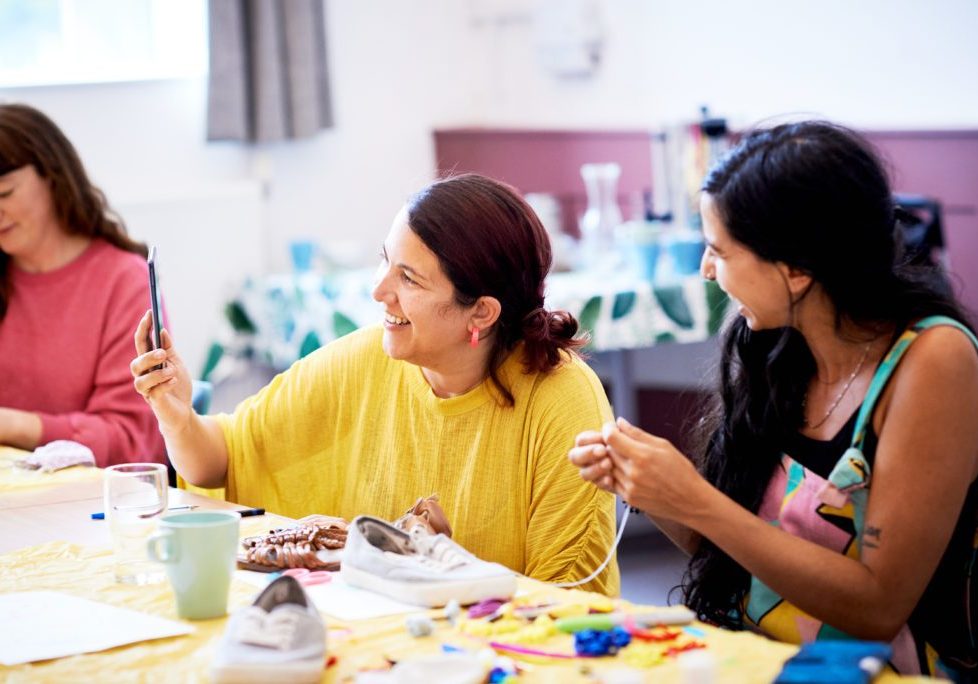
For partners
Information and advice for people who are supporting a partner who has experienced rape or sexual assault.
Looking after yourself
As the partner of someone who has experienced sexual violence, you are likely to be a very important part of their efforts to deal with the effects of sexual violence. This can take time and can affect you and your relationship. It is important that you get support and look after yourself.
It can be easy to adopt the role of the strong partner. In reality hearing that someone you care about has been hurt and is still suffering can impact on you too.
Sex and intimacy
The sexual aspect of your relationship might be affected by the trauma your partner has experienced. Be sensitive to their needs, and never ever persuade or cajole them into any contact that they are not enthusiastic about. By rejecting sex, your partner is not rejecting you, even though it may feel like it. The associated memories some sexual acts, positions, or types of touch may mean there are some things they cannot do.
If this is the case, reassure them that you understand how important that is. Be patient, healing takes time.
How might you be feeling?
Like people affected by sexual violence, partners are likely to have varied responses. You may feel
- helpless or guilty that they were unable to prevent the abuse happening even though the only one to blame is the perpetrator
- great anger towards the perpetrator
- You may share your partner’s pain and experience some of the same reactions or aftereffects as them. This is often known as secondary trauma and may include shock, anger, nightmares, sadness or disillusionment with the world.
How you can help
The most important thing to do is to listen to, accept and believe what your partner is telling you.
Do not judge or question your partner if their story is disjointed as memory can be affected by trauma. People have a variety of different reactions to trauma. However they do react; this is them trying to cope.
Be patient and avoid saying
- “it happened ages ago”
“you should have gotten over it by now.”
Help your partner to feel in control by encouraging them to do what is best for them and listen without always trying to find solutions. Prioritise finding out what they need from you. Simply letting them know you are there for them is likely to go a long way.
It is important not to pressure your partner into reporting or not reporting to police, or even accepting your help. If they decide to report to the police, you may help by accompanying them to appointments or by taking over other responsibilities while they do so. If they become overwhelmed by their daily tasks, offer to take on some of these tasks. It may also help to plan nice things to do together, such as going on walks or watching a movie, or encourage them to do these things by themselves or with other friends and family.
Explore the SARSAS and Survivor Pathway websites to understand more some of the common reactions to sexual violence and what’s myth and what’s fact here.
The latest from our news and blogs

Making Waves: building confidence and connection on the water
Earlier this year, we partnered with All-Aboard Watersports – a charity that helps people access watersports in the heart of Bristol Harbour. Together, we ran a weekly group for eight survivors currently waiting for support with SARSAS.












